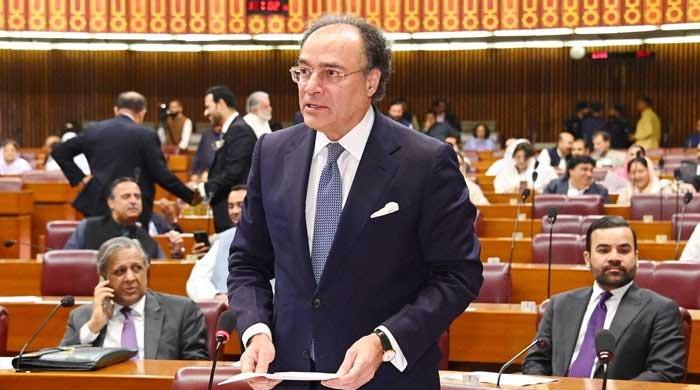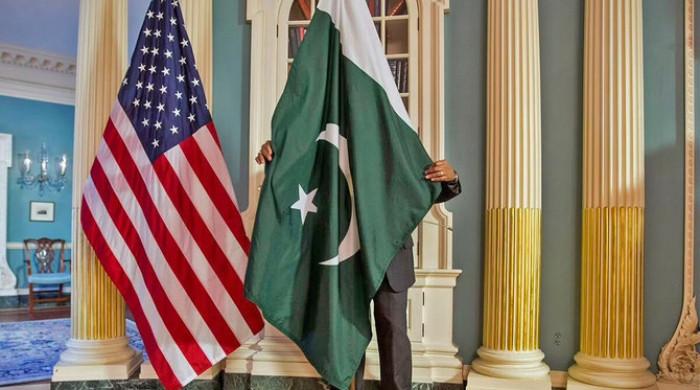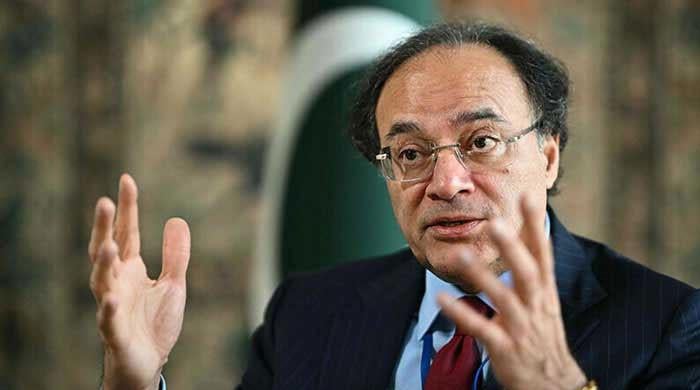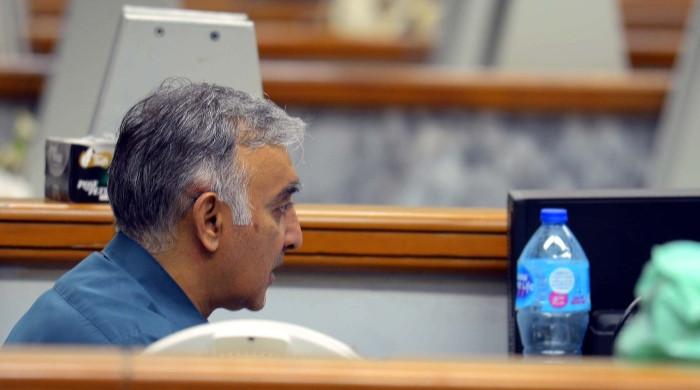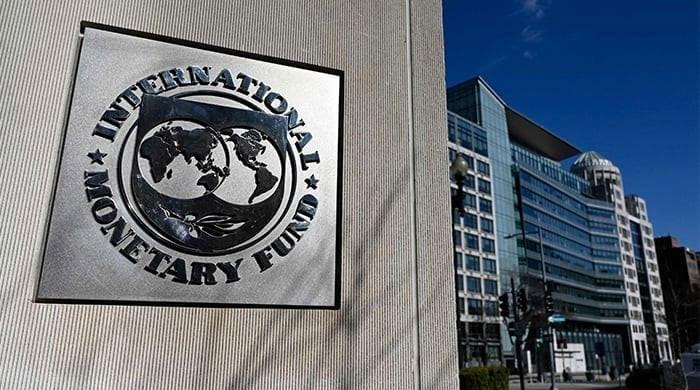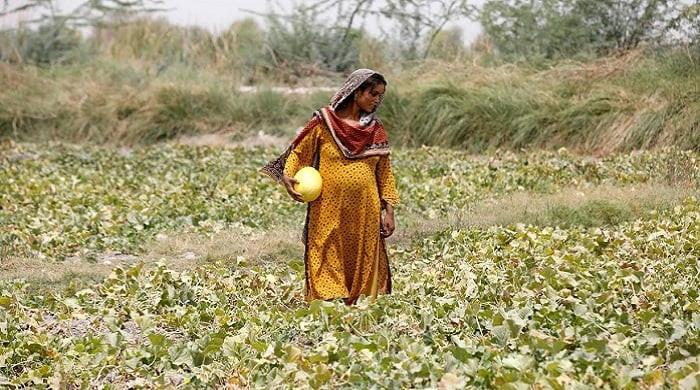Indian economy faces growth slowdown of up to 3% due to war
Foreign investment in India can decline sharply due to risk perception along with disruption of trade routes
April 30, 2025
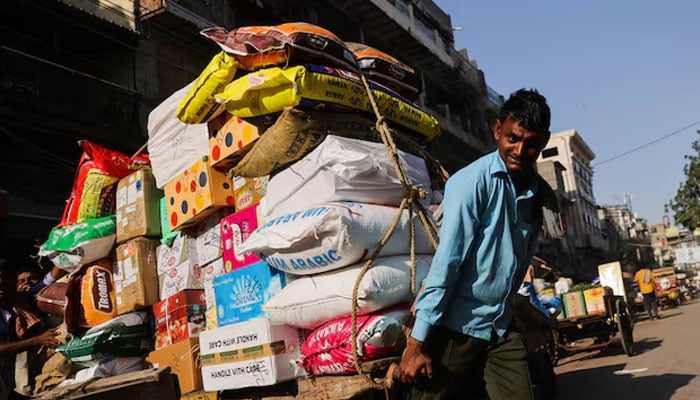
- Military conflict could cost India $20-$50bn in direct costs: experts.
- Prolonged conflict to lead to economic losses exceeding $17.8bn.
- Cost of war for Pakistan to easily exceed $10-15bn in short period.
ISLAMABAD: Armed conflicts by virtue of their nature entail adverse economic repercussions, and a war between Pakistan and India is no different as it is set to have far-reaching consequences due to current economic conditions, global interdependence and the costs of modern warfare, The News reported on Wednesday.
Dr Nadeem-ul-Haq, an eminent economist, former deputy chairman of the Planning Commission, ex-Vice Chancellor of PIDE and who has also worked at the IMF in various capacities, said that in the event of war, the economies of both Pakistan and India would suffer, as wars devastate economies with the possibility of New Delhi's growth slowing up to 3%.
He noted that although India's economy and reserves were in better condition than Pakistan's, Pakistan's determination, backed by its highly professional army, could make a difference.
The economic data of 2024 available with this scribe suggests that the size of the Indian economy stands at $3.7 trillion, with an annual military budget of $75 billion.
According to experts, an immediate military conflict could cost India $20-$50 billion in direct costs such as weapons and troop mobilisation. Indian GDP growth could slow by 1% to 3% depending on war duration and intensity.
As far as Pakistan is concerned, its GDP stands at $375 billion, and its military budget is $7 billion annually. Pakistan’s GDP may hover at 2.6%in the current fiscal, according to IMF estimates, but it could turn negative in case of a war. Though Pakistan's economic indicators have improved, the economy is still on the way to stabilisation. The war costs for Pakistan could easily exceed $10-15 billion in a short period.
And more importantly, foreign investment in India could decline sharply due to risk perception. And the trade routes could be disrupted, especially with key partners like the US, EU, and Middle East.
The sectors like tourism, manufacturing, and tech could take a significant hit. Popular destinations like Kashmir, Rajasthan, Goa, and Kerala would see drastic drops in tourism. Apart from this, international tourism would collapse due to safety concerns.
According to Antonio Bhardwaj, an international writer on wars, a short-term conventional war between India and Pakistan could cost India between Rs1,460 crore and Rs5,000 crore per day in direct military expenses. A prolonged conflict, when accounting for broader macroeconomic impacts, could lead to catastrophic economic losses exceeding $17.8 billion (Rs1.34 lakh crore) daily.
The expert's remarks come as Federal Minister for Information and Broadcasting Attaullah Tarar has warned that there's credible intelligence that India intends to carry out military action against Pakistan in the next 24 to 36 hours on the pretext of baseless and concocted allegations of involvement in the Pahalgam incident in IIOJK which resulted in over two dozen fatalities.
India blames Pakistan for the attack, a claim that Islamabad vehemently denied and also termed as a "false flag operation" and has further offered a credible, transparent, and independent investigation by a neutral commission of experts to ascertain the truth.
Deputy PM and Foreign Minister Ishaq Dar Pakistan would not strike first but it would respond forcefully to any aggression by India.
A senior security source has said that Pakistan's military anticipates the possibility of a misadventure by India but is prepared to respond with force "a notch above".
The two countries, since then, have downgraded diplomatic ties with New Delhi also resorting to the suspension of the Indus Waters Treaty.





